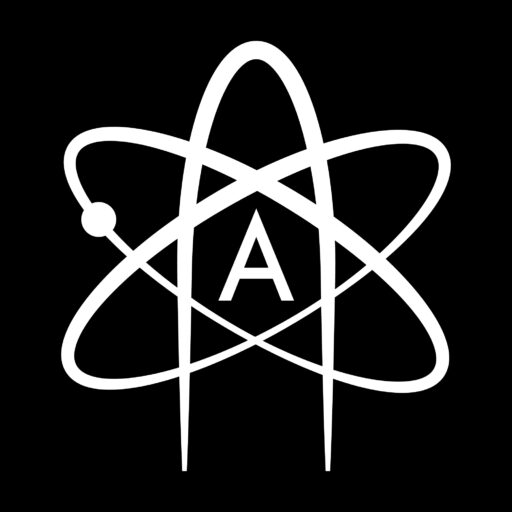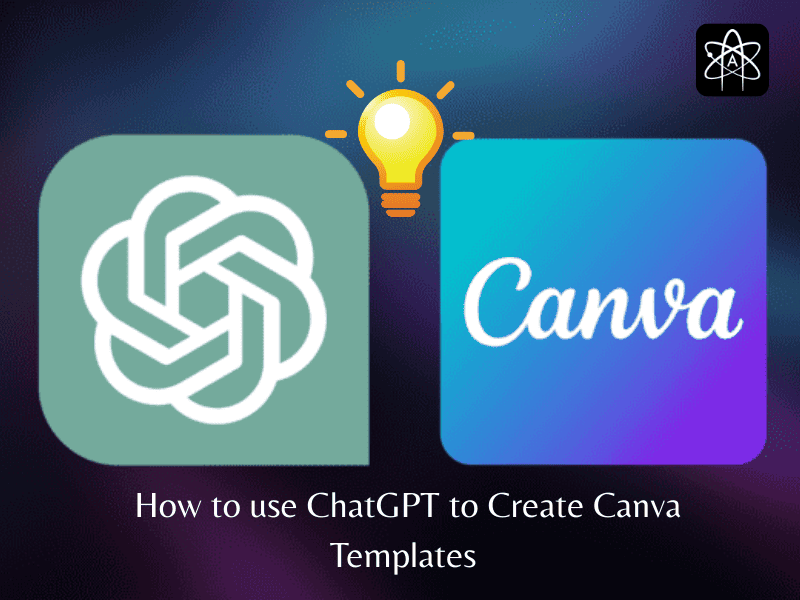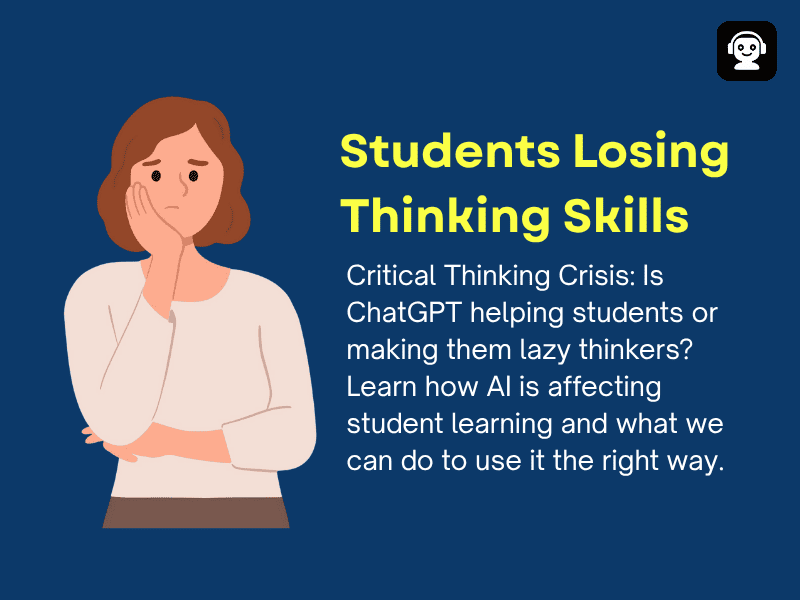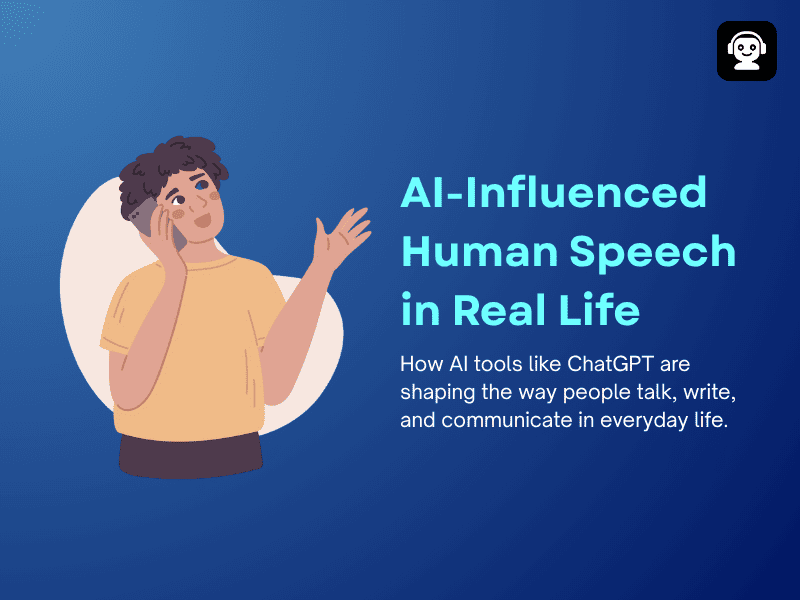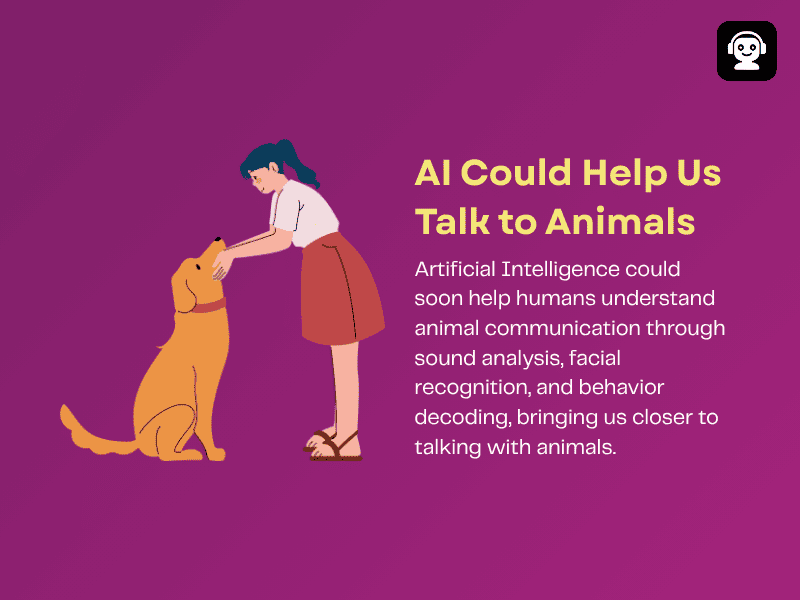ChatGPT Impact on Our Brain: What the Latest MIT Study Reveals in 2025
Artificial intelligence is becoming a part of our daily lives, where people now use ChatGPT critical thinking to solve

Artificial intelligence is becoming a part of our daily lives, where people now use ChatGPT critical thinking to solve little issues and use their brains less, like they are saving their power for some magical day. Have you imagined what effect instant access to answers must have on the brain? How is the brain getting trained?
And that’s the concern of scientists about how ChatGPT Impact on our Brain? ChatGPT access is easy right now, from kids to adults, and knowing how it’s destroying the power of thinking is important before it completely vanishes.
The MIT Media Lab Raeschers Experience:
MIT Media Lab researchers asked 54 adults to write a short essay like SAT questions, and some used ChatGPT, some used Google, and some wrote without using any tool. This study involved researching brain activity using EEG scans, revealing that participants who used ChatGPT exhibited lower brain activity compared to those who completed the task without assistance. This research indicates that reliance on AI is not limited to students; rather, it affects nearly everyone, highlighting the harmful ChatGPT Impact on our Brain.
Understanding the Study Limits
The study of MIT Media Lab is still not reviewed by the scientists and has some limitations:-
- The 54 people were only from the Boston area, and this number of people is not enough for valid research and to declare that ChatGPT Impact on our brain is only harmful.
- The EEG is helpful and can provide accurate results, but it is not significantly better than fMRI or other more advanced devices.
- The task was around a short SAT essay, which is not enough to reflect real-world thinking. A short test can’t decide the impact of AI; it requires different kinds of tests with the help of the best devices on various people from different places.
The experts can’t reach a conclusion based on this current research. It needs more research over a long period to understand the AI and memory retention.
Educational Implications: Skills at Risk?
No matter how the MIT Media Lab research went and what other people have an opinion about, it definitely raised the question of whether it’s actually making the brain less useful, and how it is going to impact the younger ones whose brains are just in the growing stage. We all know about student reliance on AI, and now even schools have started using it in their classes, so if the question ChatGPT Impact on our brain is not good, allowing its use in daily life things should be restricted, especially in school.
Some experts warn that excessive use of it can make the children’s brains less powerful, and that is not a good thing for their future. This makes many people believe that schools should make AI tool policy education and also should teach students how ChatGPT impacts our brains, and they should use it less for their own good.
How to Use AI Without Losing Our Thinking Skills
TAI has benefits and disadvantages, too. There are many ChatGPT Impact on our brain, which are negative, but that doesn’t mean we should stop using it. This can be a very beneficial tool in daily life and also a good digital tools in education if used in the right way. The aim of it should be to support human thinking, not replace it. Here are a few ways to use AI wisely:-
- The students should be aware of when they should use AI and when they should use their own brains to bring creativity.
- The human brain and creative side can also customise the AI answers. The students should learn to add their own touch to that.
- Teachers should learn how to use AI to bring more creativity to students and how to use digital tools in education to make the study healthy, not toxic for the brain.
- The rules about AI in education should be based on long-term studies, not quick bans.
What This Means for Us
The MIT Media Lab shows that ChatGPT, along with any AI tool that reduces cognitive effort, can be very harmful if not used appropriately. ChatGPT Impact on our brain can stay for a long time, especially when the brain is in its developing stage.
Proper research should happen on this topic, and on that basis, there should be a few restrictions on the use of AI schools, and the awareness camps should be started so the new generation’s mind does not get stuck on one idea only or depend on some robot with an educational mind only, not the human who has creativity of thinking beyond the facts and rules.
